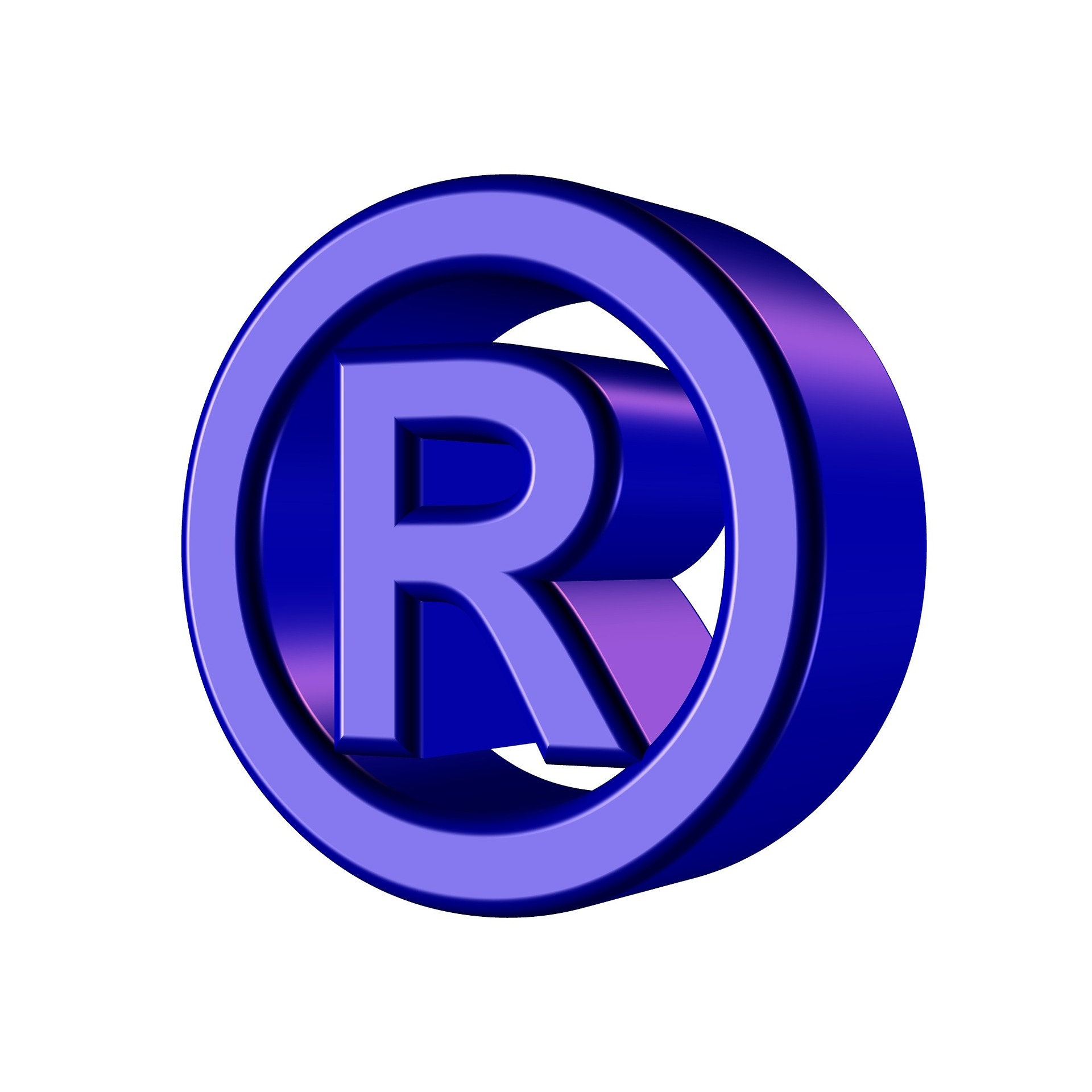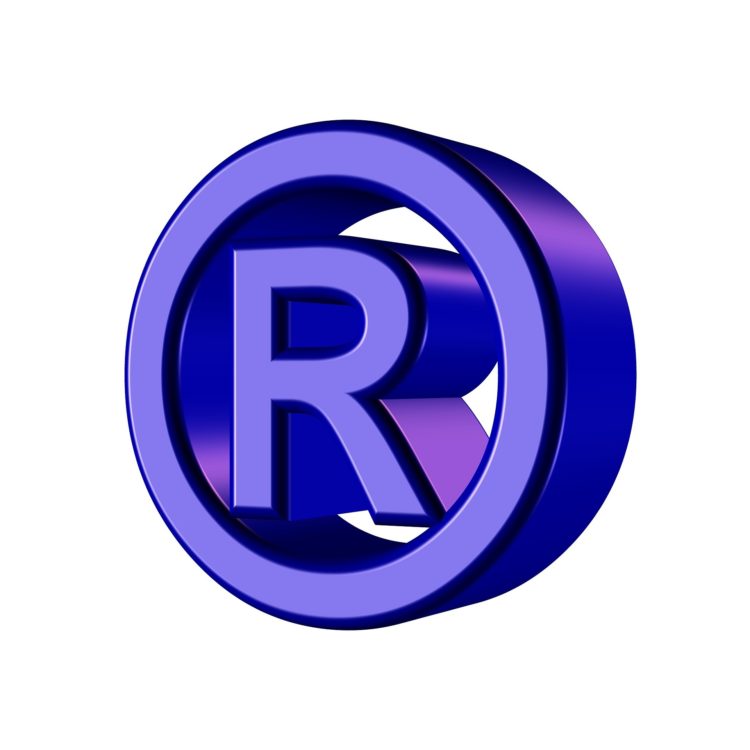
How much do you know about intellectual property rights? Chances are that his own’t be something that you are well versed in yet for anyone in the world of business they are very important to understand. Falling foul of intellectual property rights can land you in hot water with financial penalties or worse, so it makes sense to learn a bit about them. We have teamed up with the guys at MEM Concessions LLC to give you a brief synopsis of these rights.
Basics
Intellectual property is about creation of the mind such as inventions or artistic work which is carried out, as well as the symbols, images and the names which are used in commerce. We can break intellectual property down into 2 groups. The first group is industrial property which covers patents for inventions ad designs used in industry. The second group is Copyright which covers artistic work such as plays, films and novels, it can also cover photography and sculptures as well as architectural design. Copyright also covers names of companies and property.
What They Mean
Intellectual property rights ensure that owners or creators of patents or copyrighted information and materials benefit from these creations and they restrict someone else benefitting from them.
Different Forms
Let’s take al look at some of the different forms of intellectual property.
Patents – This is an exclusive right which is granted to people who have invented something. The patent can cover the whole invention or sometimes it will cover certain mechanisms or parts which are inside the invention. This protection mans that the invention cannot be recreated or sold unless the owner of the patent has given permission.
Trademark – A trademark is a sign or symbol which identifies that certain services or goods that are sold by a particular company. Companies that create a trademark can register it which then means that no other business or individual will be able to use the same trademark.
Trade Secrets – Trade secrets are considered as proprietary procedures, systems, devices, formulas, strategies or any other information which is exclusive to the company that uses it.
Moral Rights – Moral rights is the term that refers to creators of copyrighted works. Essentially these rights describe the powers that the creator of copyrighted material has on its use, its integrity and the way in which it is distributed.
Unfair Competition – The Unfair Competition Act was passed in order to seek to protect against unfair competition in business which includes infringement of trademarks or copyrighted material, honesty and integrity in business dealings, false advertising, trade defamation and the misappropriation of a name or a likeness.
If you are in any doubt around the way in which you are doing business in relation to these intellectual property rights then the best course of action would be to consult a legal professional who can help to ensure that you stay on the right side of the law.








